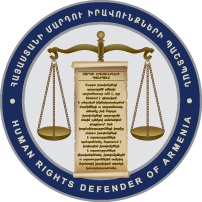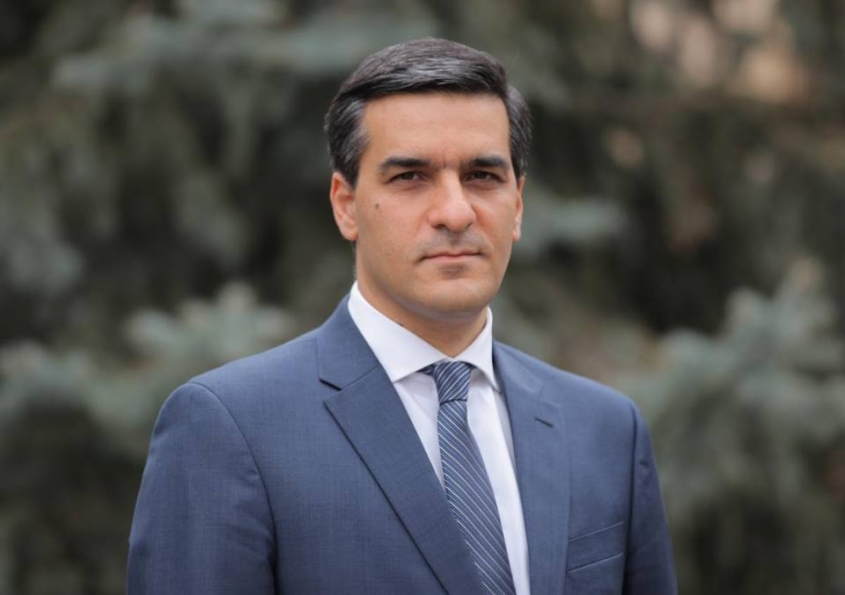1. Fight against criminality is the most important commitment of the State. It is called to protect human rights and freedoms from criminal offences. The effectiveness of this struggle is conditioned largely by the establishment of law and order, the restoration of social justice, and lastly the rooting of the rule of law in the country.
2. Crimes of corruption are a particularly serious challenge to the progress of State and society, which must be combated by the strictest observance of the principle of impermissibility of impunity and by absolute intolerance by the competent authorities and the society towards instances of corruption.
3. Nevertheless, the idea of a lawful state safeguarding legal principles and procedures in this process, no deviation from which can be justified even for the legitimate purpose of combating crime. First and foremost, this means that acts of State, and in this case the acts, as well as activities of law enforcement bodies and courts, should be anchored to the constitutional requirement of respecting fundamental human rights and freedoms.
4. Respect for the presumption of innocence is a cornerstone principle in any criminal proceeding. The presumption of innocence, as the most important component of the right to fair trial, entails that public authorities and officials are obliged to refrain from making biased or premature evaluations of the guilt of an individual, in the absence of judicial act which has entered into legal force.
5. Failure to observe the presumption of innocence may disrupt the entire process of justice, as well as form or contribute to the formation of a public perception about the guilt of an individual as a confirmed fact. Therefore, this principle must be undeviatingly maintained in the course of any criminal proceeding, regardless of the exact criminal act, the individual’s reputation in the society, etc.
6. On the other hand, the public authority should act guided by the principles of transparency and accountability. In this regard, it is important that lately law-enforcement authorities provide to the public more information about the cases examined by them and the course of their examination. The dissemination of information containing objective data is of particular importance (e.g. videos which enable the society to have a general idea about the extent and the nature of the damages caused by a concrete offence, etc.). Such practice directly derives from the fundamental idea of cultivating public confidence towards those cases. However, this does not mean that the performed procedural acts and results can be presented as can be presented as undeniable and proven facts. This can seriously compromise the lawful requirement that no evidence has a pre-established value, as well as the procedural principles related to evaluation of evidence.
7. The role of advocates in guaranteeing human rights is irreplaceable. The professional work of advocates is inseparable part of justice. It is impossible to have justice based on the rule of law without that work.
8. Therefore, I find it necessary to reiterate that it is of utmost importance to enroot such right legal culture and public perception about the work of an advocate in the society that the work of an advocate is directed towards securing everyone’s right to legal aid and protecting from possible unlawful persecution or imprisonment.
9. Presumption of lawfulness and good faith must be primary considerations in the treatment towards advocates. Advocates shall not be identified with their clients.
10. In this respect, journalists, whose professional work guarantees formation of ideas in the society about the ongoing processes in the State thus ensuring the existence of civil supervision, have the most important role in terms of securing the society’s right to receive credible information a be informed. Journalists ensure the transfer of official information to the public and become the most important entity contributing to the formation of public opinion, thus ensuring proper communication of information between the State and the society.
11. The work of journalists must be based on the rule of law and respect for the rights of individuals involved in criminal proceedings. Therefore, I ask journalists to be more careful while evaluating the guilt of an individual, excluding any biased attitude the guilt of an individual until the existence of judicial act having entered into legal force.
Human Rights Defender of the Republic of Armenia
Arman Tatoyan



